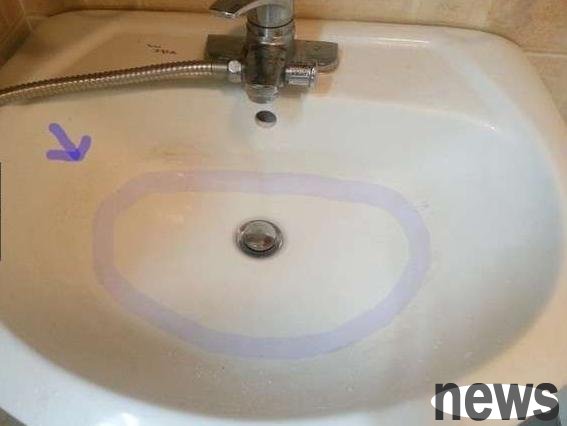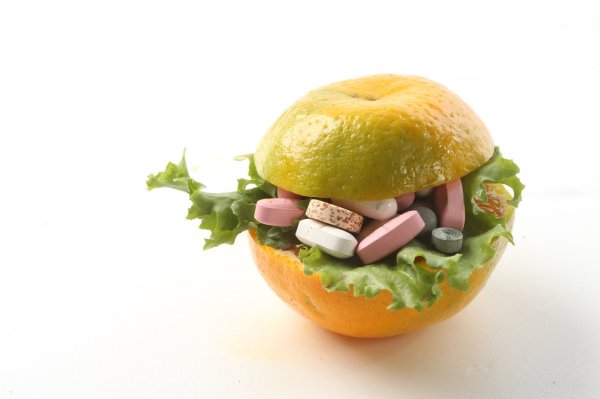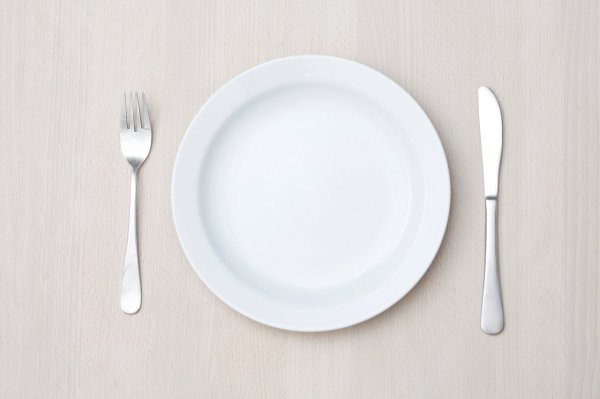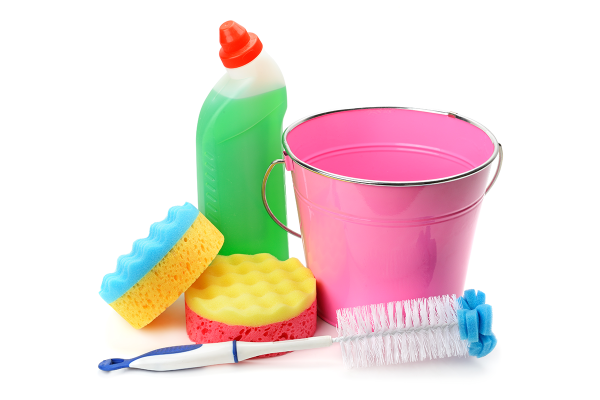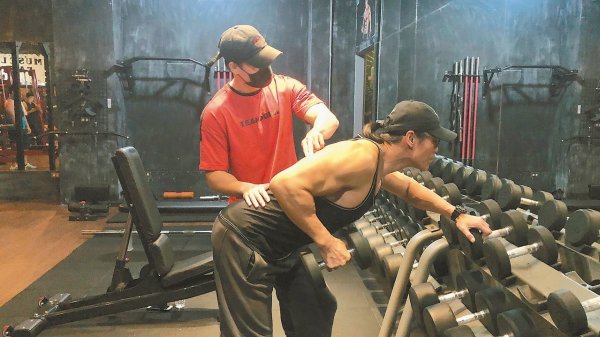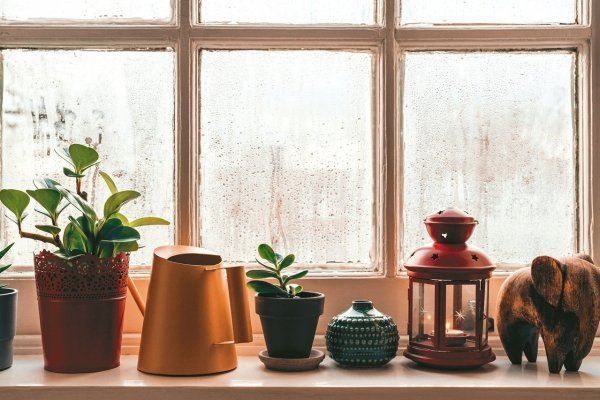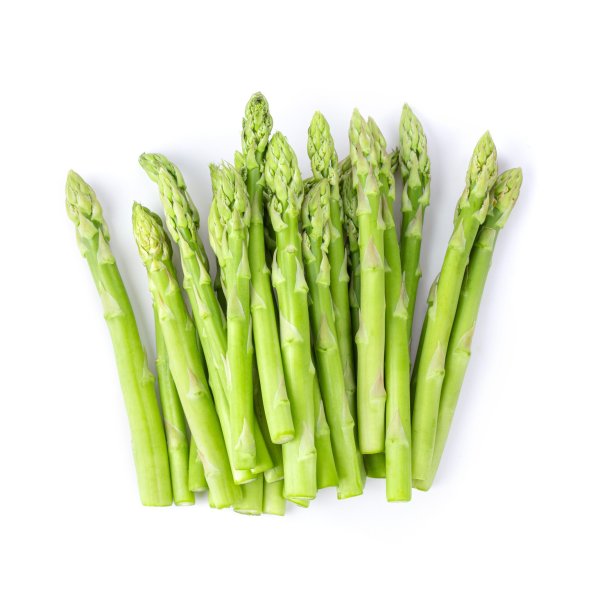Is urinary incontinence normal for women during menopause? Experts teach you how to improve
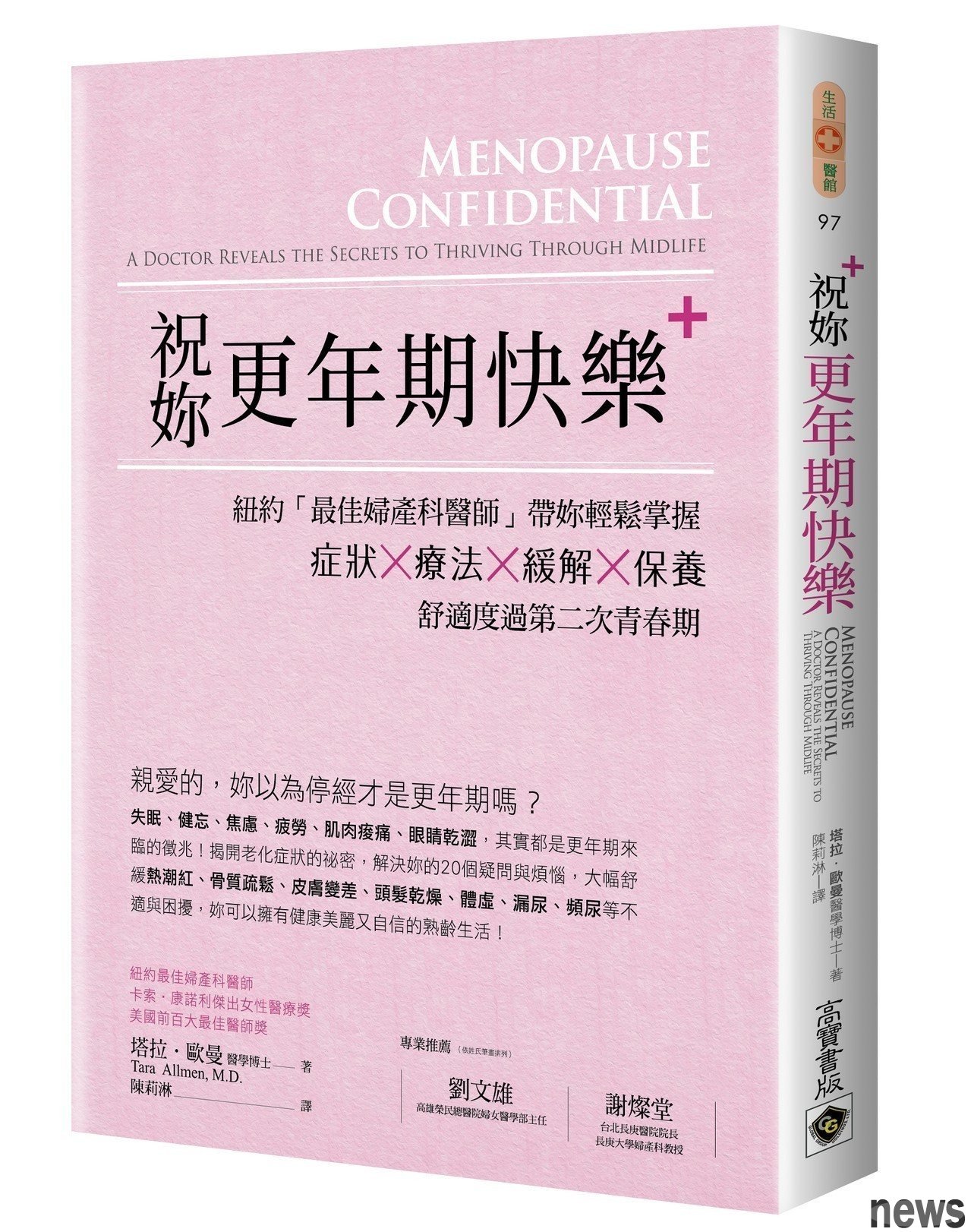
Let us first clarify a concept: urinary incontinence is not a normal phenomenon of aging. I was always frustrated when women told me that they completely changed their lifestyle in order to adapt to their bladder. Do you have to go to the warehouse before leaving the door, and after you arrive at your destination, you must go to the previous one immediately? Are you constantly searching for department stores, cinemas and nearest restaurants? Have you started to wear cotton every day again? Many women answered "yes" to the above questions, but my answer was "no"! Your life should never be surrounded by the nearest bathroom.
Urinary incontinence is a major quality of life issue. Although 50% of middle-aged women have experienced urine leakage, menopause and reduced estrogen concentration are not the main causes. However, we can determine that the following factors increase the risk of incontinence, including age growth, diabetes, obesity, uterine resection and production. Aging is accompanied by fragility and slow pace, which causes women to go to the bathroom in time to find difficulties; and other risk factors may also cause pelvic organ prolapse, indicating that your uterus, bladder, elbow and straight brain have lost support, begin to sag, and even fall out of the body.
{9 Stressful urinary incontinence occurs when laughing, sneezing, coughing, or jumping up and down, which can cause you to leak urine. This harsh situation is because the pelvic floor muscles are weak, which help support your bladder, urethra and cerebral area.Emergency incontinence is caused by different reasons. You will suddenly feel urgently in need of urination, and then a lot of urine will penetrate your pants. This is caused by a sudden contraction of a lively muscle in your bladder without obvious reasons. If you are very unfortunate, you may develop stress and urgency incontinence at the same time.
There is another type called "overactivebladder syndrome" (OA B). Sometimes it can be like urgency incontinence, but you may only feel urgent, but you will not. If you have hyperbladder disease, you may urinate frequently during the day or at night.
Even if many women have experienced one of these incontinence, only half of them may ask this question in a routine annual check. I think it might be because you think you are wearing your face or thinking that urinary incontinence is an acceptable phenomenon of aging. I always say to my patients, "I can't accept your incontinence!" Then we will come up with improvement plans together. Most women may not know that there are some effective strategies and treatment options that can cure urinary incontinence, or at least significantly improve the symptoms, so let's take a look at these methods together!
Understanding urinary incontinenceI want to be the first to admit that not all medical doctors are experts in bladder health. For my patients, I often have to ask female colleagues in urology and urology. However, before you seek expert advice, there are some simple strategies that can and should be tried. Since weak pelvic floor muscles can cause stress incontinence, I think it would be a good idea to start with Kegelexercises.
The method is to retract and control the excretion of urine and maintain the retraction state for a full three seconds…… one second, two seconds, and three seconds. Why not do this during the morning commute, or a long telephone meeting, or pick up and drop off your kids to post-school activities? To prove that women can do this movement at any time and place, I want to open a secret: I'm doing it now!
Stop pressureThere is another strategy here to help stress incontinence. I have pessaries, which can keep the bladder and urethra in place. The appearance looks like a small donut, made of milk or silicone. You insert the sacrificial sacrificial sacrificial sacrificial sacrificial sacrificial sacrificial sacrificial sacrificial sacrificial sacrificial sacrificial sacrificial sacrificial sacrificial sacrificial sacrificial sacrificial sacrificial sacrificial sacrificial sacrificial sacrificial sacrificial sacrificial sacrificial sacrificial sacrificial sacrificial sacrificial sacrificial sacrificial sacrificial sacrificial sacrificial sacrificial sacrificial sacrificial sacrificial sacrificial sacrificial sacrificial If you can accept objects stuck in the duct, then the sacrificial stent is a good choice. With a little practice, you can easily remove them before having sex and taking a shower. More ways to reduce stress incontinence include: limiting your fluid consumption in the situation where it is inconvenient to go to the toilet; urinating regularly, even if you don’t have the urgency to urinate; maintaining a normal weight; and, as I said before, quitting smoking, this can reduce the symptoms of coughing.
Finally urgentIf you feel you have urgent urinary incontinence, you should also seek help from experts. This diagnosis should be proven through urodynamic testing, and can be provided by female urology or urology doctors. The good news is that usually prescription drugs can quickly produce effects on urgency incontinence. Avoiding anything that will irritate the bladder may also help, such as caffeine, alcohol, nicotine, acidic fruits and vegetables, and spicy foods.
Prevention of infectionThere is a condition called "menopausal genitourinary syndrome", which changes the external and tracts, as well as the bladder and urethra due to a decrease in estrogen concentration; this is where menopause is related to urination problems. Without estrogen, women are more likely to suffer from bladder infection, which may cause urinary incontinence and kidney infection. This is extremely important because a kidney infection is fatal.
Next to reveal another secret: drinking cranberry juice or taking cranberry glutinous rice may not help prevent or treat bladder infections, and remember that the sugar and heat content in the juice is very high!
For the question of "go to pee, still don't go", my answer is …… don't go unless you want to pee!

Tara. Tara Allmen, PhD, M.D.)|Bachelor of Johns Hopkins University, Bachelor of Medicine at Stony Brook University, and Qualified Menopause Physicians at the North American Menopause Association. He won:
2017 New York City Best Medical Award
2017 Casso Connorli New York Metropolitan Area Best Medical Award
}2017 Casso Connoli Women's Medical Awards
2017 Top 100 Best Doctors in the United States
2016 Casso Connoli New York Metropolitan Regional Best Doctors
2015 New York Best Doctors in the New York University of California, Sheffield. In 1999, he joined the New York City Menopause, Hormone and Women's Health Center and began professional research on near-menopause and menopause medicine.
Oman Medical is the president and chief executive of the Oman Foundation, seeking benefits for women’s health, children’s education and animals.
Now, Dr. Oman lives in New York City with her husband, two lovely children and a puppy named Shati.
Chen Lilin | Translation
from Taipei, and also a translator. He is a bachelor of the Department of Professional Integrity Therapy at Chang Geng University and a psychologist of the application development of Pittsburgh University in the United States. I like to be with children and enjoy exploring the impact of parents and families on children. Currently, we are engaged in child development and early childhood related work.



